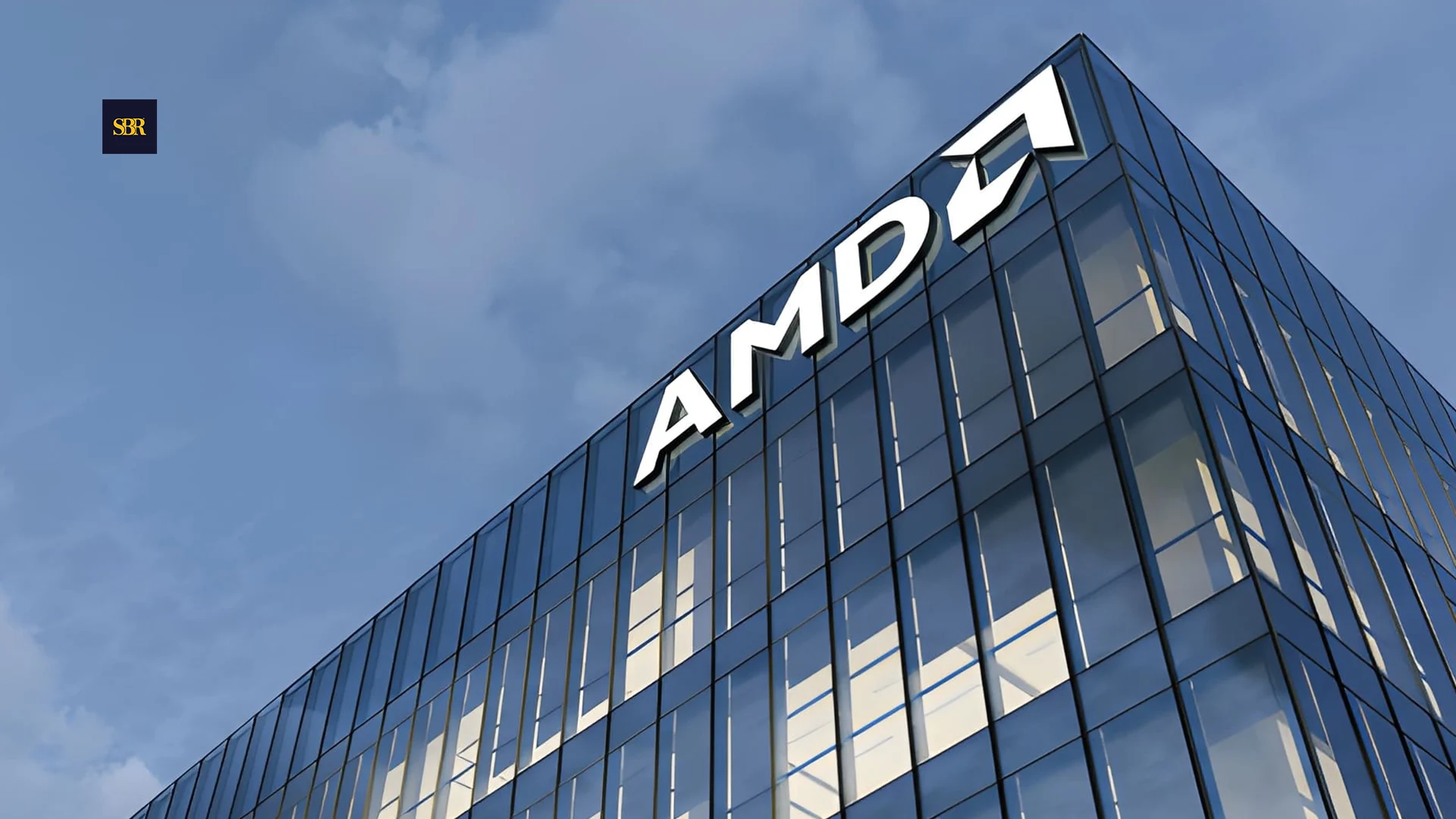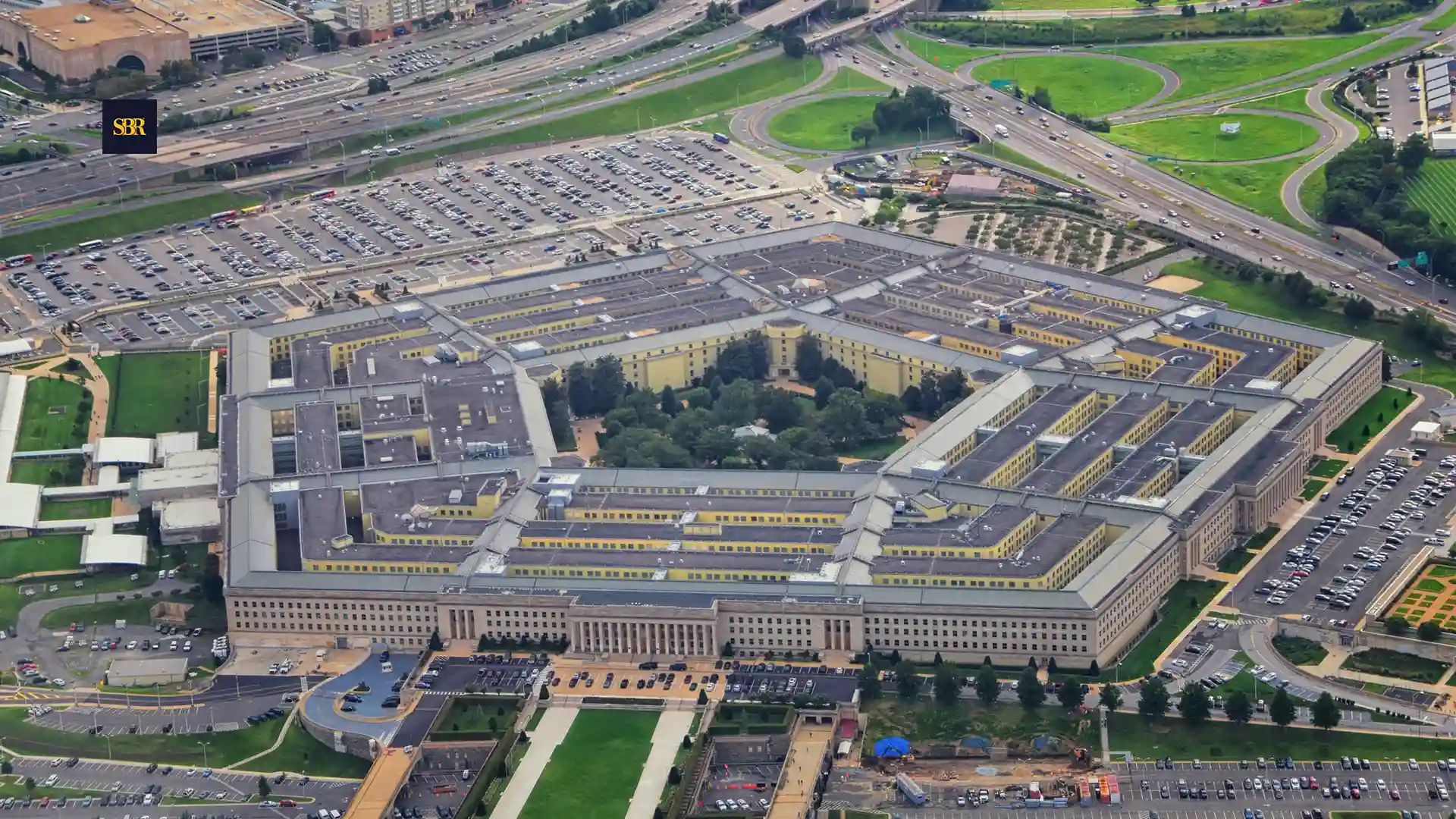GRAND PRAIRIE, Texas, Aug. 25, 2024 – In early 2024, the decision to build a factory in Texas taken by Chinese copper flat wire manufacturer Wellascent was in the backdrop of geopolitical risks.
The investment is now giving healthy returns as US import tariffs have increased the demand for Wellascent’s locally produced goods.
Production at the company's Grand Prairie plant is expected to begin production later this year which is likely to roll out 3,000 metric tons of copper flat wire annually by 2028.
Wellascent’s ambitious production plans have been bolstered by the safe zone created by President Donald Trump's tariff wall.
The factory prevents the US customers from facing a burden of 50 percent tariff imposed on copper wire imports, along with other semi-finished copper products like tubes, despite the fact that refined copper, the base ingredient, is exempt from tariffs.
“A few prospective clients in the United States were hesitating about buying our products at the very beginning, as they were concerned Sino-US trade tensions would make stable supply uncertain,” Hazel Zhu, a board member at Wellascent Electronic, told Reuters during a tour of their factory in mid-August.
“A factory in the US means the copper tariffs have in turn become a golden opportunity for us,” she added.
Are Chinese Investments Welcomed in US?
An investment of $100 Million has been earmarked by Wellascent for the US plant which is expected to generate more than half of the company's overseas revenue within three years.
Wellascent's investment is a classic case where a Chinese company has benefited despite US tariffs designed to counter China's perceived image as the industrial heavy-weight.
Wellascent’s foray into the US market is an example of Washington’s renewed focus to attract investors but at the same time it has caused ambiguity among US policymakers about whether to welcome Chinese companies.
Lawmakers proposed removing tax credits from a Ford (F) electric battery plant because it plans to use technology from Chinese battery manufacturer CATL, although the carmaker said last month it believes it will still qualify, reported Reuters.
Trade Aspect Amid Tariff War You Should Know
Wellascent’s Timely Bet: Some of the domestic producers in the solar industry have expressed concern that Chinese rivals setting up factories domestically benefit from subsidised supply chains in China.
A drastic dip in Chinese investments, especially in manufacturing, was seen after Trump's first term and have now come to a grinding halt, according to Cameron Johnson, senior partner at consultancy Tidalwave Solutions. The hostile attitude in Washington is now echoed in Beijing where regulators are encouraging firms to avoid the US, Cameron told Reuters.
“Anybody who is big and could be a target for US or Chinese governments is doing hardly any investment,” Cameron said. “They (Wellascent) got lucky in many ways.”
Net stock of Chinese foreign direct investment in the US fell by $8.1 billion between 2019 and 2023, reported Reuters referring to US data.
No Trade Barriers: There were no regulatory hurdles for the company with its Texas investment as it secured approval from Chinese and US authorities, said Hazel Zhu, who is on the Board of Wellascent.
Despite its smooth sailing, a temporary 145 percent tariff on equipment shipments to the US in April almost derailed its plans. Hazel said soon after the US and China arrived at a thaw in trade relations in May allowed, Wellascent got an opportunity to avoid a 60 percent cost increase and proceed with furnishing the plant.
“The sudden 145% tariff left us completely stunned, as it left us at a crossroad as for whether to reconsider the investment; luckily, additional tariffs were removed, allowing us to smoothly ship a second batch of equipment to the factory,” Hazel further said.
Advantage of Truce: Both the US and China extended that truce by another 90 days earlier this month to give negotiators more time to craft a deal that Trump says is not far off. If a trade deal is reached, the example set by companies like Wellascent could become case studies for other Chinese firms looking to invest in the US, Johnson told Reuters.
"Their example was pretty unusual, but maybe, if the relationship gets a bit better, we might see more of it because there are test cases out there in the market."
Notably, Wellascent whose $100 million Grand Prairie facility, set to start output later this year, will produce 3,000 metric tons of copper flat wire annually by 2028 has already secured carmaker Stellantis as a client.
Wellascent’s Texas facility signals how foreign manufacturers can adapt to shifting trade policies and still thrive in the U.S. market.
Inputs from Saqib Malik
Editing by David Ryder

















